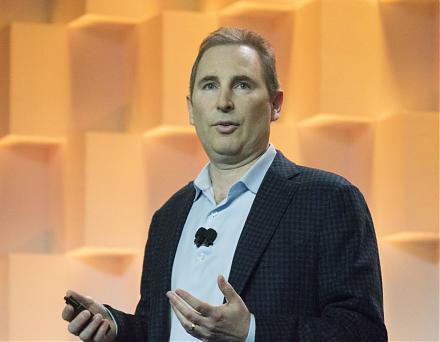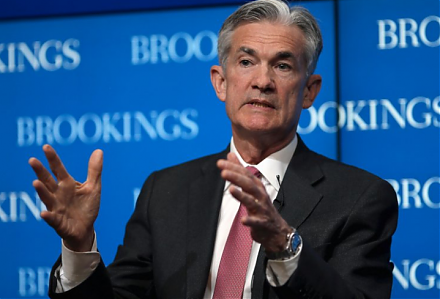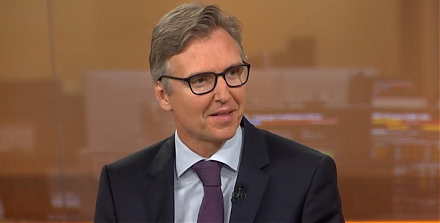

2019-11-15 13:34:00 Fri ET
federal reserve monetary policy treasury dollar employment inflation interest rate exchange rate macrofinance recession systemic risk economic growth central bank fomc greenback forward guidance euro capital global financial cycle credit cycle yield curve
The Economist offers a special report that the new normal state of economic affairs shines fresh light on the division of labor between central banks and governments. The recent U.S. economic outlook combines full employment with low inflation, and this rare combination accords with the Federal Reserve dual mandate of maximum sustainable employment and price stabilization. The New Keynesian Phillips Curve becomes flat in recent times, and there is no inexorable trade-off between inflation and unemployment. The U.S. unemployment rate reaches 3.5% or the lowest level since 1969. The core inflation rate hovers in the range of 1.5%-1.7% or well below the 2% target inflation rate. On the one hand, the Federal Reserve may continue to reduce the interest rate to help sustain the U.S. economic expansion and stock market rally in response to a vocal president.
On the other hand, the dovish interest rate cuts suggest that the U.S. central bank may have fewer monetary policy levers to cope with the next economic recession. Meanwhile, U.S. Treasury continues to offer Americans fiscal stimulus packages in the generic form of both tax incentives and infrastructure expenditures. Whether fiscal deficits can cause higher inflation remains a major economic policy concern.
If any of our AYA Analytica financial health memos (FHM), blog posts, ebooks, newsletters, and notifications etc, or any other form of online content curation, involves potential copyright concerns, please feel free to contact us at service@ayafintech.network so that we can remove relevant content in response to any such request within a reasonable time frame.
2025-09-14 14:23:00 Sunday ET

Stock Synopsis: With a new Python program, we use, adapt, apply, and leverage each of the mainstream Gemini Gen AI models to conduct this comprehensive fund
2019-05-07 09:30:00 Tuesday ET

The Trump team receives a 3.2% first-quarter GDP boost as Fed Chair Jay Powell halts the next interest rate hike in early-May 2019. This smooth upward econo
2019-04-19 12:35:00 Friday ET

Federal Reserve proposes to revamp post-crisis rules for U.S. banks. The current proposals would prescribe materially less strict requirements for community
2019-07-11 10:48:00 Thursday ET

France and Germany are the biggest beneficiaries of Sino-U.S. trade escalation, whereas, Japan, South Korea, and Taiwan suffer from the current trade stando
2023-08-28 08:26:00 Monday ET

Jared Diamond delves into how some societies fail, succeed, and revive in global human history. Jared Diamond (2004) Collapse: how societies
2018-04-20 10:38:00 Friday ET

Allianz chairman Mohamed El-Erian bolsters a new American economic paradigm in lieu of the Washington consensus. The latter dominates the old school of thou